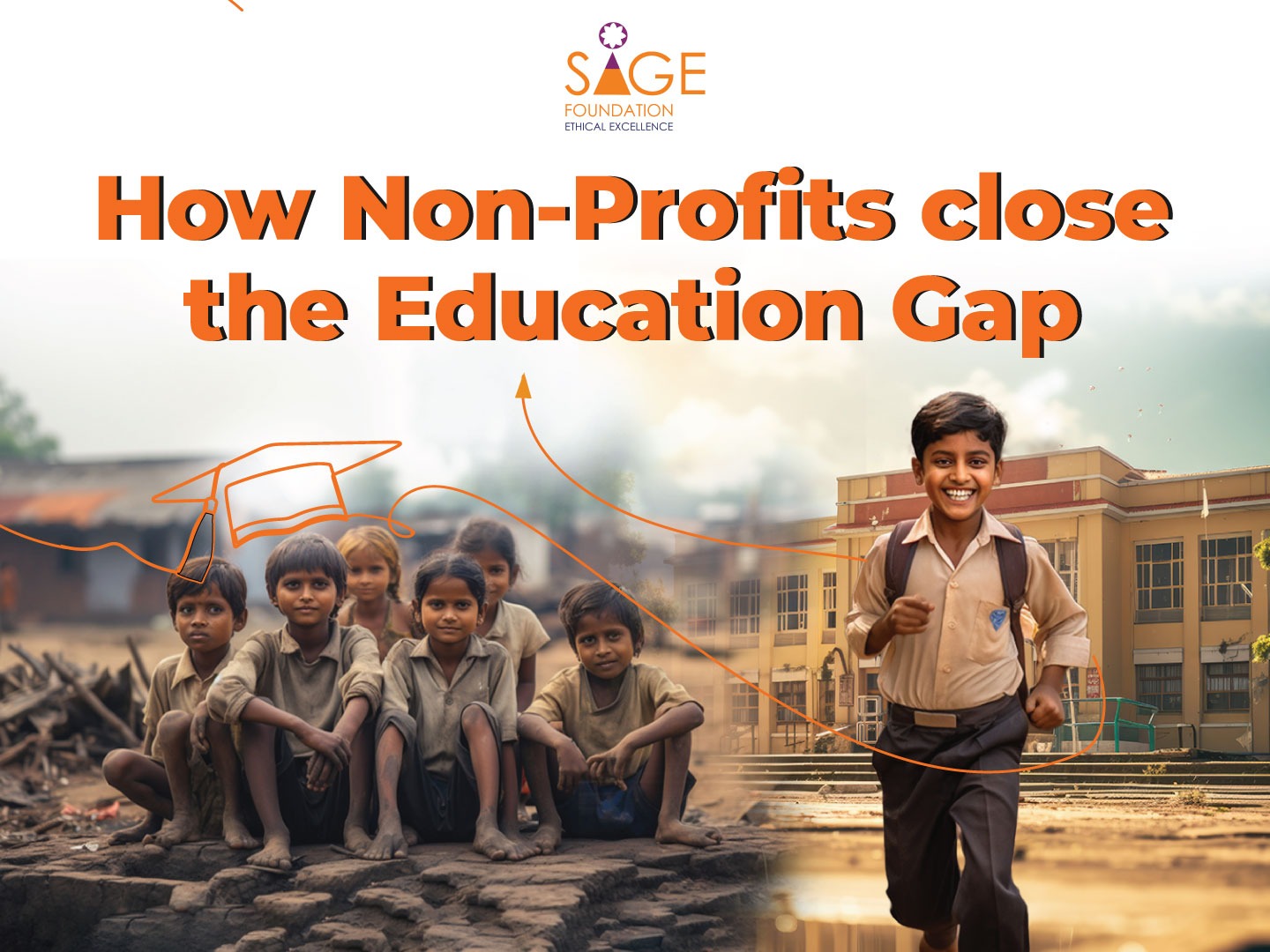The Role of Non-Profit Organizations in Bridging the Education Gap
SHARE

Education is one of the most powerful tools to change lives. Yet, many underprivileged communities struggle to access it.
Non-profit organizations play a key role in solving this issue by providing opportunities for education and skill development to those who need it the most.
Let’s explore how these organizations are making a difference.
1. The Importance of Education in Social Mobility
Education as a Pathway to Progress
Education helps people improve their lives and escape poverty. It gives individuals the knowledge and confidence to get better jobs and earn a steady income.
For underprivileged communities, education can lift entire families and create lasting positive change.
The Role of Skills Development in Empowering Students
Skills development is essential for finding good jobs. Non-profits provide programs that teach important skills like communication, teamwork, and technical knowledge.
These programs prepare students to succeed in competitive job markets and create equal opportunities for all.
2. Challenges in Accessing Education for Marginalized Communitie
Common Barriers to Education
Many families can’t afford school fees, uniforms, or supplies. In rural areas, schools may lack basic facilities or trained teachers.
Social issues, such as gender discrimination or early marriage, also stop children—especially girls—from attending school.
How Non-Profits Help Overcome These Challenges
Non-profits step in by providing financial aid, creating awareness about the importance of education, and offering safe learning spaces.
This support helps children overcome obstacles and gives them the chance to build a brighter future.
3. The Role of Non-Profit Organizations in Skills Development
How Non-Profits Empower Students
Non-profits create training programs for underprivileged students, focusing on practical and job-related skills.
They teach key areas like communication, teamwork, and technology, helping students gain the confidence to enter the workforce.
Collaborations for Greater Impact
Non-profits work with companies, governments, and local communities to expand their programs.
They also use tools like online learning platforms to reach more students and match their training to what industries need.
Stay connected with us! Contact us to receive updates on our latest initiatives and opportunities.
4. Success Stories and Impact Metrics
Transforming Lives Through Education
Non-profits have changed countless lives. For example, students trained in skills development programs have secured stable jobs in fields like IT, banking, and digital marketing.
These jobs bring financial stability and a new sense of hope to entire families.
Measuring Impact
The success of non-profits is seen in real numbers. For example, The SAGE Foundation has trained over 15,000 youth, helping them earn average salaries of Rs. 2.40 to Rs. 3.00 lakh per year. These results show how impactful their programs are in improving lives.
5. The Future of Education: Technology and Non-Profits
Leveraging Technology for Wider Reach
Non-profits are using technology to make education accessible to more people.
With tools like virtual classrooms, mobile apps, and AI-based learning platforms, they can teach students even in remote areas.
These methods make learning interactive and engaging.
Scaling Impact Through Innovation
Using technology, non-profits can personalize learning experiences and track students’ progress.
Features like gamified learning and AI-based assessments keep students motivated.
This innovation helps non-profits expand their reach and impact.
6. Partnering with The SAGE Foundation
Helping Students Build a Better Future
The SAGE Foundation is one of the best NGOs in skills development, helping underprivileged youth gain skills for better jobs.
Its AI-powered platform offers programs that teach English, selling techniques, and professionalism.
These programs prepare students for careers in banking, IT, and digital marketing.
Be Part of the Change
The SAGE Foundation aims to train and place over 1 million students by 2027. By supporting their work, you can help create brighter futures for young people.
Conclusion
Non-profit organizations are playing a critical role in bridging the education gap by helping underprivileged students gain access to learning and skills development.
Their work is creating opportunities, reducing inequality, and building stronger communities. Supporting such efforts, like those led by The SAGE Foundation, is a step toward a better and more inclusive world.
Learn More About SAGE Foundation
Other Blogs

How to Become a Professional Banker?
Know More ->
Connect with Us
Share your details to stay informed about our initiatives and opportunities. Your support fuels our mission to empower communities across India.

